Studying is a challenge for students everywhere, whether it’s for a spelling or vocabulary quiz in elementary school or a standardized test like the SAT or ACT. Students must be able to practice studying and find the strategies that work best for them, especially dyslexic students. Study strategies need to evolve over time, but studying with dyslexia can be challenging if students don’t have reliable and effective approaches. Read below to explore some tips for studying with dyslexia from ReadSource.
Practice organization and time management
Students don’t become experts at studying overnight. As some dyslexic individuals struggle with executive function skills and memory, getting organized and establishing a clear place for their school supplies lays the groundwork for effective studying habits. This means having a reliable location for their backpack, a designated spot to study or do homework, and a homework agenda that gets filled out consistently. With these basic organizational skills, dyslexic students can then move on to managing their time and prioritizing their work. For example, dyslexic students can manage their time when they have a project due by setting a schedule and planning their steps backward from the due date.
Advocate for yourself
Successful studying with dyslexia is closely related to what goes on in the classroom, which is why parent and student advocacy is so essential. When developmentally appropriate, dyslexic students should own their dyslexia and their accommodations and communicate with their teacher to receive the tools they need to study effectively and succeed in school. In some cases, it may be helpful for dyslexic individuals to share some necessary information with their teacher in a slideshow, email, or face-to-face conversation. These important facts can include what the student typically struggles with in school, what teaching strategies or interventions have worked well in the past, some of the accommodations included in their 504 plan or IEP, and any questions the student may have. The simple act of expressing their needs can help set dyslexic students up for a prosperous school year in and out of the classroom.
Use available technology
Successfully studying with dyslexia becomes more attainable when dyslexic students use their skills and available technology to their full advantage. For example, students can ask for a hard copy of notes from the teacher or another student and record a challenging lesson with audio or video, especially if accommodations like these are included in a 504 plan. Many students may also find online resources like Khan Academy helpful because they can pause and rewind video lessons as they need to. Additionally, studies show the importance of writing out notes by hand instead of typing them because the muscle memory of writing helps students retain information better. Students with dyslexia can make the most out of their time in class and their studying when they write out notes and synthesize information instead of just typing what their teacher says.
Be ready to let your study skills evolve
A useful set of study skills can help carry students through several years of school, but dyslexic students should be prepared for their study skills to evolve as they learn. In earlier school years, study habits and assignments are more task-oriented, where students are expected to complete a worksheet or certain problems out of a workbook. As students progress in school, however, studying becomes more focused on synthesizing and understanding information, which can make studying with dyslexia more challenging. Students can build on the skills they have developed throughout their education, like writing notes by hand, planning ahead and managing their time, and using helpful technology.
Students with dyslexia can face innumerable obstacles as they progress through the school system, but dyslexic individuals consistently show that they are capable of outstanding academic success. Mastering study skills doesn’t come easily for any student, but with practice and perseverance, dyslexic students can find what skills work for them and study effectively.
At ReadSource, we are passionate about empowering dyslexic learners and encouraging them to develop the skills they need to succeed in school and in life. With our essential resources, opportunities for community outreach, and programs for continuing education, ReadSource supports educators, parents, and members of the dyslexic community. Learn more about what we do and contact ReadSource for more information.
This blog was written with contributions from Janet Street, Director of Outplacement at The Schenck School.








Leave a Reply